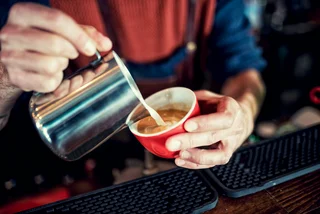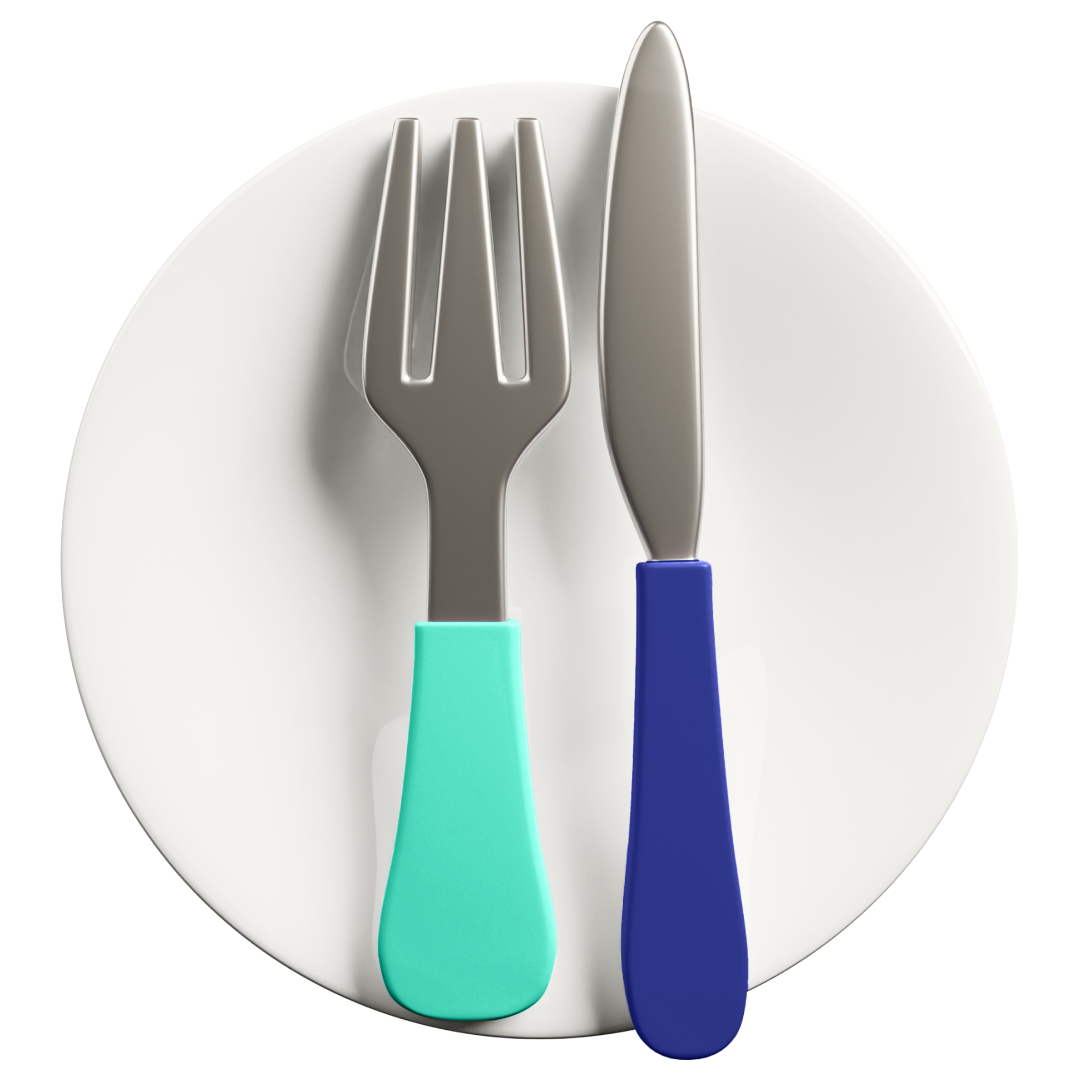People in Prague who want a cup of morning joe will have to shell out more than people in other nearby capitals. Not only is Prague’s coffee more expensive than in other Czech cities, it also beats Warsaw and Bratislava. For the popular espresso, customers in the Czech capital pay a fifth more than in the Polish one.
E-shop Dotykačka tracked the demand for the most popular types of coffee and compared prices across the Czech, Slovak, and Polish markets.
They also looked at how much Czech prices in our country and abroad change over time. Compared to Warsaw and Bratislava, Prague has had the lowest increases year-on-year, but coffee prices still remain the highest.
Before Covid, the price gap compared to neighboring markets was even larger. A recent report from EU statistical arm Eurostat also showed that coffee prices are on the rise.
Espresso leads the way
Among Czech consumers, espresso is clearly the most popular coffee beverage, regardless of whether the cafe is in the middle of a big city or in a village. All establishments serve comparable amounts of this coffee.
Prices are similar almost everywhere. In the third quarter of 2022, they were most often in the range of CZK 39 to CZK 41 in Czech culinary establishments.
Espresso prices
- Prague CZK 41.3
- Brno CZK 39.1
- Ostrava CZK 41.1
- Large town CZK 39.3
- Small town CZK 39.4
- Village CZK 39.6
- Bratislava CZK 38.0
- Warsaw CZK 35.0
This range is just an average. In about one-tenth of Czech establishments, espresso prices exceed CZK 58. Last year, the highest prices for this drink were around CZK 53.
In the Slovak capital Bratislava, espresso is most often priced at CZK 38, and in Poland’s capital Warsaw at CZK 35. This is a fifth less than in Prague. Even those cities’ premium establishments are cheaper. In Poland, the highest espresso prices are around CZK 55 and in Slovakia around CZK 49.
“The good news is at least that compared to Slovakia and Poland, the price of coffee in our country has been rising the slowest in the past three years. Since September 2019, espresso in Prague has become 20 percent more expensive, while in Bratislava it has gone up by 25 percent and in Warsaw even by 33 percent,” Dotykačka said in a press release.
Cappuccino for the city folk
The second most popular type of coffee is cappuccino, and its popularity has been increasing, especially in recent years. In Prague, it is currently consumed in the same quantity as espresso, although the price is about a third higher than espresso, at nearly CZK 55.
In other locations, however, cappuccino’s popularity is lagging behind. “The rule of thumb is that the smaller the city, the lower the consumption of this drink. In smaller towns, about half as much of it is drunk compared to espresso,” Dotykačka said.
Cappuccino prices
- Prague CZK 54.6
- Brno CZK 51.7
- Ostrava CZK 52.9
- Large town CZK 51.3
- Small town CZK 51.0
- Village CZK 51.8
- Bratislava CZK 52.0
- Warsaw CZK 50.8
Despite the popular urban legend that the name comes from the cap of foam on the coffee, cappuccino actually refers to the color of the beverage being similar to the robes of Capuchin friars. The beverage was first made in Vienna sometime in the 17th century.
What is your favorite type of coffee?
In the smallest towns, on the other hand, Turecká káva or turek – coffee made from grounds at the bottom the glass – is still very popular. While in Prague this type accounts for only 2 percent of coffee sales, in small towns it accounts for up to 15 percent.
This specialty is popular in Czechia and Slovakia, but it is virtually unheard of in neighboring countries. Elsewhere, Turkish coffee generally refers to fine grounds boiled in a cezve, a small long-handled metal pot, and poured unfiltered into a cup.












 Reading time: 3 minutes
Reading time: 3 minutes 


 English
(Proficient)
English
(Proficient)


























